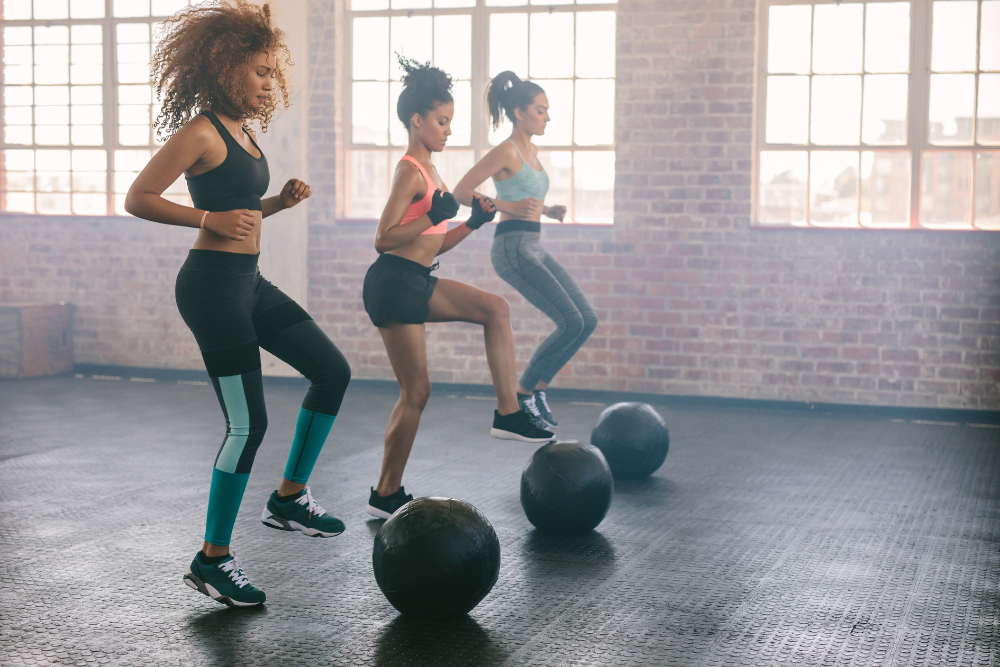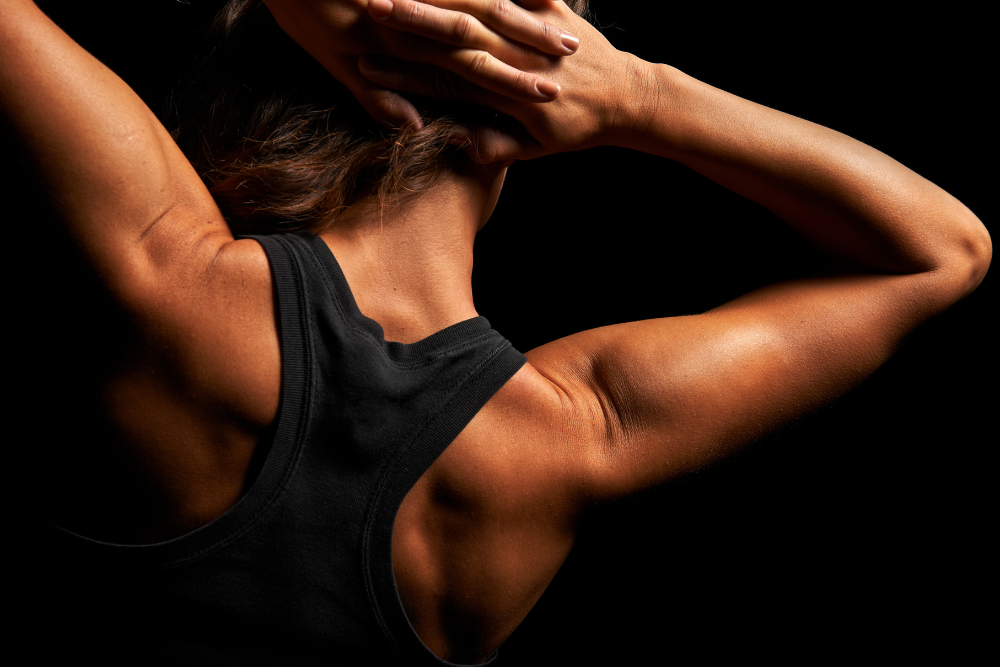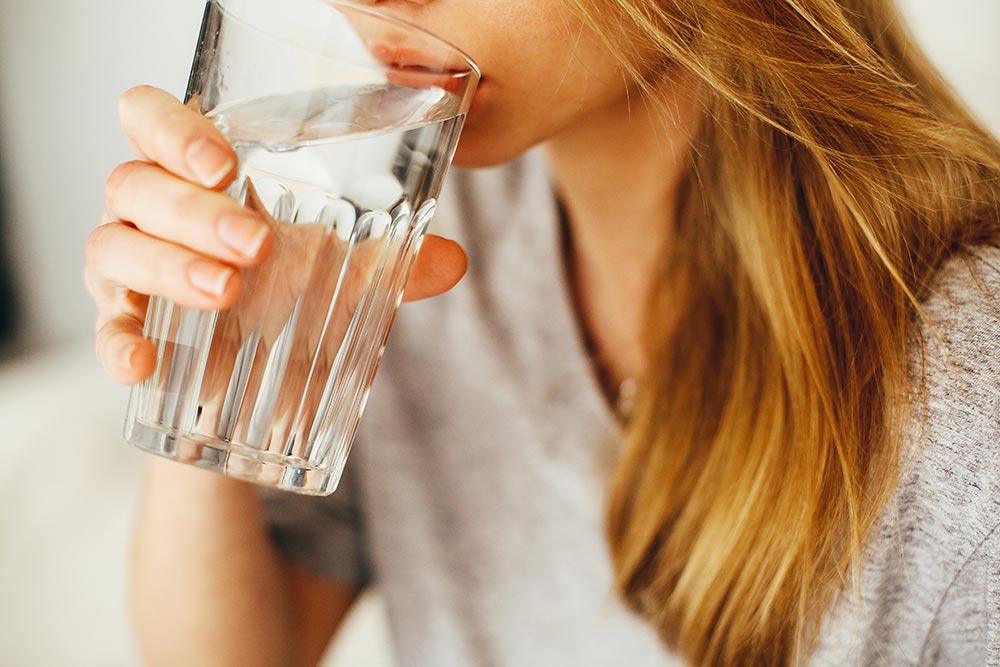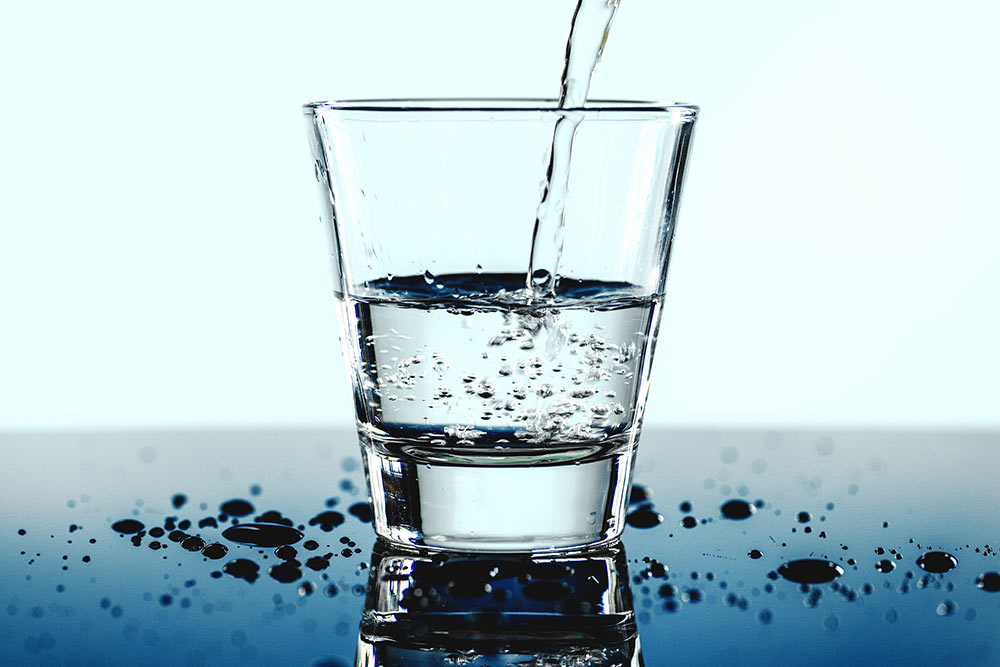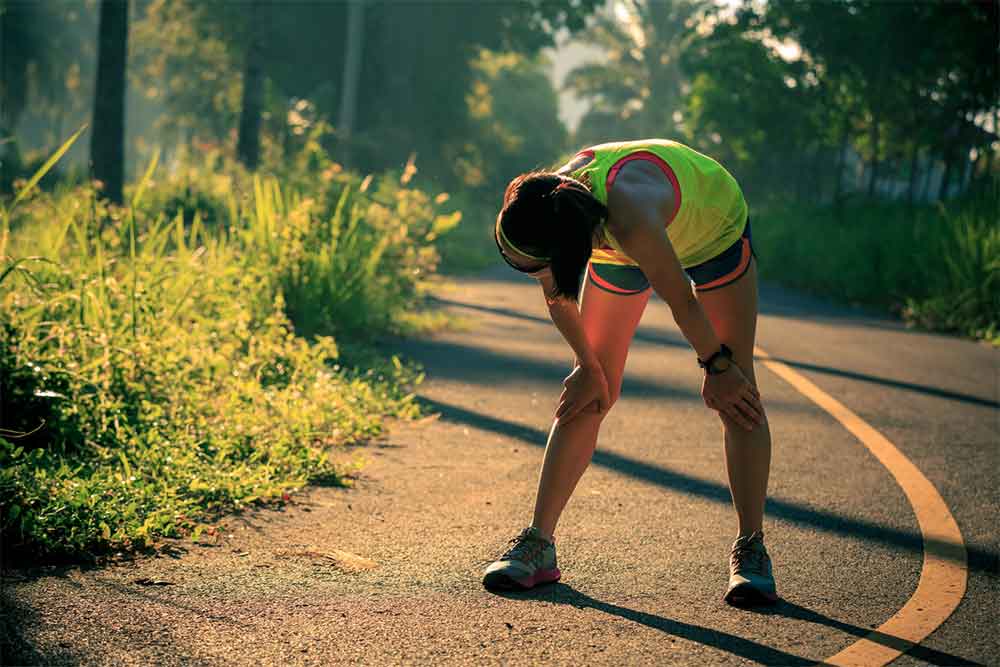Hydration and Performance, Part 3: MANAGING HYDRATION
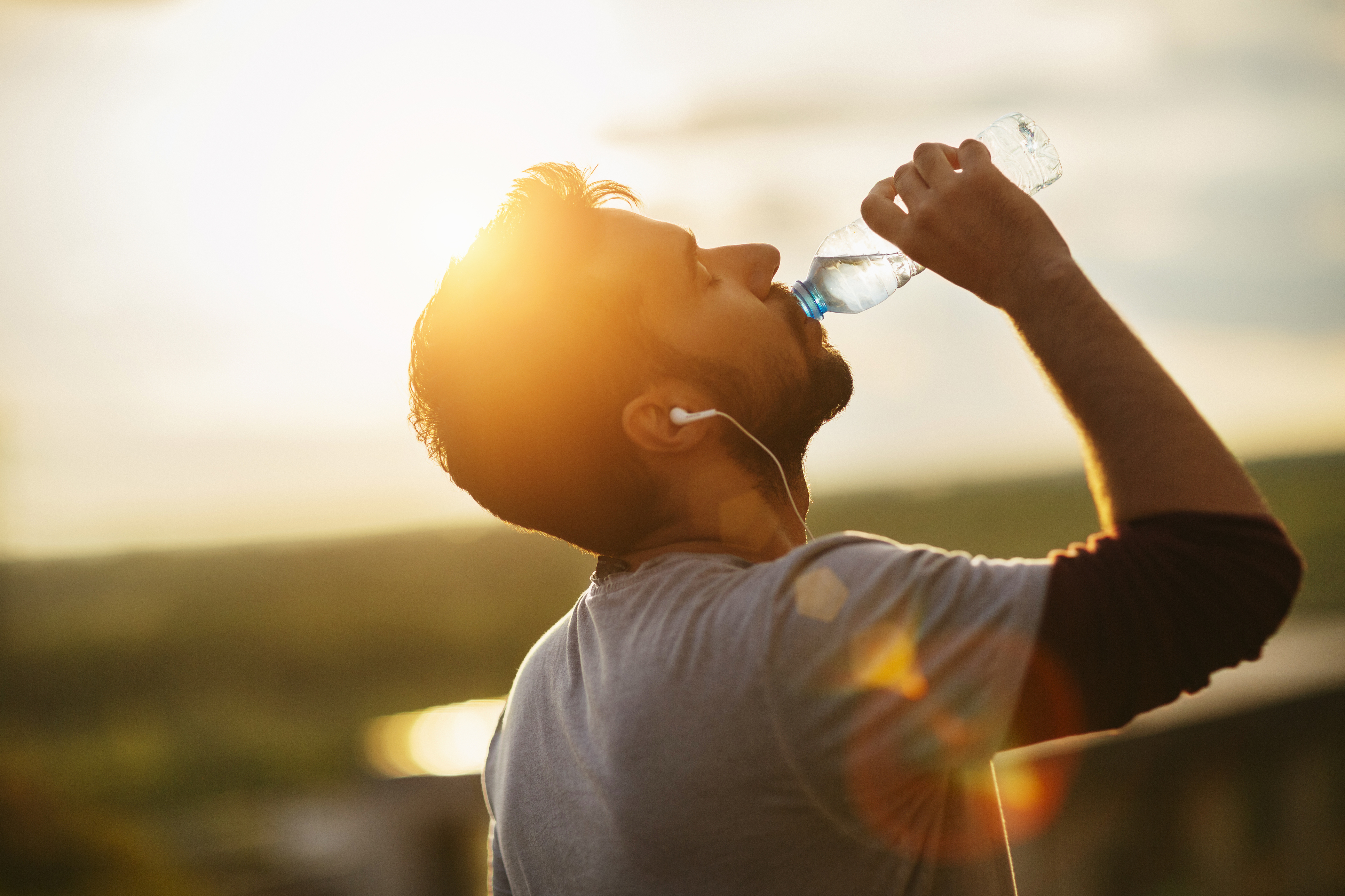
Evan Stevens
When we sweat we lose more than just water. That fine, salty coating on your body contains all your electrolytes that you need to stay properly hydrated which is why it is so important to maintain proper hydration, not just fluid status. As we learned last time, electrolytes allow us to function properly; otherwise we have a hard time firing or relaxing our muscles, or even using the energy we have stored up. But what’s the best way to maintain our hydration levels? We already learned about fluid management in the first part of our hydration discussion, but with so many different electrolyte drinks and supplements on the market it can be difficult to know what you are looking for.
Sources of Electrolytes
One of the more common non-sport drink methods of ensuring good electrolyte balance is to supplement with sodium/potassium pills. These salt tablets are supposed to replenish lost electrolytes through sweat. Yet, when we look at current data, these tablets are no better than regular sports drinks and are often more pricey. It would appear that high concentrations are not necessarily the key, that we need a balance of our four main electrolytes – potassium, sodium, magnesium, and calcium to maintain proper function.
While we can get magnesium and calcium from our diet (spinach, almonds, dark chocolate for your magnesium; parmesan cheese, sesame seeds, almonds, and other dairy products for calcium), we still need to ensure that we are supplementing enough with them for performance. Most sport drinks have too little magnesium and calcium, if any at all, to truly be worth your time. Of the four, it seems as though magnesium is the weak link too.
Related Article: Hydration and Performance, Part 1: FLUIDS
New data is supporting that poor magnesium management can actually hinder rehydration after strenuous exercise by inhibiting the reuptake of potassium as well. The RDA for magnesium is between 350mg for men and 280mg for women per day. Sports drinks should aim for about 16mg of magnesium, or as little as 4-5% of your RDA, if you are going to be using them during or post strenuous exercise to ensure proper rehydration.
The most popular sport drink on the market, Gatorade (original formula), has neither calcium nor magnesium, and relies solely on sodium and potassium. It is fine as a simple thirst quencher, but for most serious hydration you are going to want to look for something a little beefier. A quick glance at the back of any sport drink label is going to give you a rough picture of how good it is going to be at replenishing your electrolytes. Don’t see any calcium or magnesium? You are probably buying glorified sugar water.
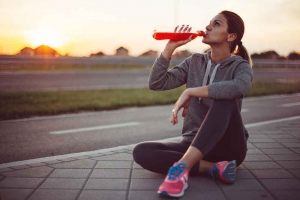
Sugar
Most, if not all sport drinks will have sugar, or some other form of sweetener. It makes the drink palatable (have you ever just tried to drink salt water before?) and gives us a little kick of energy to replenish our glycogen reserves. However, most modern sport drinks have too much sugar, which can actually lead to poorer performances than you might expect. Sugar slows gastric emptying, the rate at which your stomach moves its contents into the small intestine, which causes stomach duress cramping, and a whole bunch of unpleasantness that come out of either end. On top of that, most of us cannot handle pure profiles of sugars, regardless of amount. We each have our own, individual genetic profile which dictates out ability to digest different sugars. What works for one person may result in a horrible bloated run for the next.
Related Article: Hydration and Performance, Part 2: ELECTROLYTES
In addition, studies have shown that performance increases when using a varying profile of sugars within our drink. A 2:1 ratio of glucose to fructose improved 15 minute time trial performance by 8% over glucose alone and 18% over regular water. When looking for a sport drink try to look at the ingredients to see how much sugar there is (anything over 8% of total drink composition is going to do more harm than good), and what their source(s) are of sugar. Maltodextrin is a common one that you might see but is really just a fancy name for glucose. Drinks sweetened with honey are often most tolerated as honey is comprised of a number of different sugars and is well digested by most segments of the population.
Otherwise, sticking to the rule of 2:1 glucose (maltodextrin) to fructose with the total sugar content not more than 8% of the total drink, you should be better off.
Maintaining Hydration – Glycerol?
One of the newer trends in hydration support has been to add glycerol to your drinks. Glycerol is an important “junctional” metabolite (formed in the breakdown or building up of other larger metabolites) that occurs naturally in the body through normal metabolism. It is an important part of the cell membrane as well as fat storage in the body. It is used in food manufacturing to keep things moist and to provide some sweetness. When mixed with solutions it is able to increase the concentrations of the solution and could be important by increasing the retention of water and electrolytes in the body when absorbed.
If we sweat less and lose less electrolytes because we have added glycerol in our bodies, we should have better performance outcomes because we can retain more water and better concentrate the electrolytes within us. Studies have shown that adding glycerol to part of the pre-workout hydration protocol can improve and prolong this state of “hyper-hydration” where you are overly hydrated before a workout for up to 4 hours longer than without glycerol. One study even showed that taking glycerol can prolong the time to fatigue as well as decreased fluid loss through urine in a cycle-to-fatigue trial.
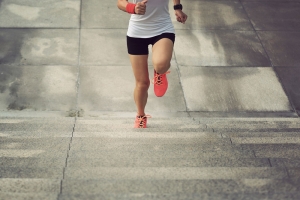
The Mixed Reviews of Glycerol
However, many other studies have cast doubt on the benefits of glycerol stating that you may retain fluid better, but showing that there really isn’t any difference in performance. Yet, combing through the research it seems as though there really isn’t any sort of consensus. Most studies have been done on less-trained individuals during moderate exercise bouts (50-60% VO2max) but ones done in highly trained individuals working at higher intensity levels have shown greater gain in performance. Glycerol seems to be best for those athletes looking for an edge in sports where severe dehydration is likely to be an issue – longer, more strenuous bouts of activity in hotter conditions. Sorry sprinters, your hydration status doesn’t seem to really matter a whole lot in most studies.
If you want to try glycerol, be aware that you will put on water weight – lots of it. Your weight can increase 3-4% at a time with just water retention by using a hyper-hydration glycerol protocol. If you are a die-hard distance runner and want to try it out, here is basic glycerol hydration protocol:
- 0 minutes – 5ml/kg body weight of a 20% glycerol solution (1 part glycerol to 4 parts water);
- 30 minutes – drink 5ml/kg of water
- 45 minutes – drink 5ml/kg of water
- 60 minutes – drink 1ml/kg of a 20% glycerol solution and 5 ml/kg of water;
- 90 minutes – drink 5ml/kg of water
- 150 minutes – exercise
What To Look Forward To
The market is rife with new sport and hydration products each year. However, there is new company that is gaining a lot of steam that might be worth checking out. Maurten is a new Swedish start-up that is combining new practices used in food manufacturing with athlete performance to create a new wonder drink. And they are building one heck of an athlete profile. Between 2016 and 2017 they have fueled:
- Mo Farah, when he won 10,000m at the World Championships 2017
- Rose Chelimo, when she won the Marathon at the World Championships 2017
- Geoffrey Kirui, when he won the Marathon at the World Championships 2017
- Eliud Kipchoge during the fastest Marathon distance in history (02:00:25), Monza 2017
- Daniel Wanjiru, when he won the London Marathon 2017
- Geoffrey Kirui, when he won the Boston Marathon 2017
- Wilson Kipsang, when he set course record and won the Tokyo Marathon 2017
- Ghirmay Ghebreslassie, when he won the New York Marathon 2016
- Kenenisa Bekele, when he won the Berlin Marathon 2016 in the second fastest time in history
Related Article: Stopping To Drink: Is It Worth The Time?
Their drink is based around something they’ve coined as the hydrogel, made from the dietary fibers alginate (the cell walls of brown algae) and pectin (found in apples, lemons, tomatoes, etc.). The hydrogel is supposed to encapsulate the maltodextrin and fructose of the sport drink to improve gastric emptying and reduce gastric distress, which should equal peak performance. As of right now there are no peer-reviewed articles to determine the efficacy of the product. Nor does the website contain any ingredients list or nutrition facts sheet to peruse. But they are said to be coming and they have an excellent track record so far.
It will be interesting to see how this product holds up and what the ingredient list is as well as the electrolyte profile turns out to be. If it is as good as everyone is claiming it to be, it could be a game changer for those of us prone to upset tummies.
Conclusion
That concludes our look into some of the finer points of staying hydrated. Remember: drink lots, don’t go for a lot of sugar, and make sure your drinks have the big four electrolytes: sodium, potassium, magnesium, and calcium.
Citations
Currel K, Jeukendrup AE. Superior endurance performance with ingestion of multiple transportable carbohydrates. Medicine & Science in Sports and Exercise, 2008;40(2):275-281.
Montner, P., Stark, D., Riedesel, M., Murata, G., Robergs, R., Timms, M. and Chick, T. (1996). Pre-Exercise Glycerol Hydration Improves Cycling Endurance Time. International Journal of Sports Medicine, 17(01), pp.27-33.
Pérez-Idárraga, A. and Aragón-Vargas, L. (2014). Postexercise rehydration: potassium-rich drinks versus water and a sports drink. Applied Physiology, Nutrition, and Metabolism, 39(10), pp.1167-1174.
Pfeiffer B, Stellingwerff T, Zaltas E, et al. Carbohydrate oxidation from a drink during running compared with cycling exercise. Medicine & Science in Sports and Exercise, 2011;43(2):327-334.
Rollo I, Williams C. Influence of ingesting a carbohydrate-electrolyte solution before and during a 1-hour run in fed endurance-trained runners. Journal of Sports Sciences, 2010;28(6):593-601.
van Rosendal, S., Osborne, M., Fassett, R. and Coombes, J. (2009). Physiological and performance effects of glycerol hyperhydration and rehydration. Nutrition Reviews, 67(12), pp.690-705.
van Rosendal, S., Osborne, M., Fassett, R. and Coombes, J. (2010). Guidelines for Glycerol Use in Hyperhydration and Rehydration Associated with Exercise. Sports Medicine, 40(2), pp.113-129.
Wagner, D. (1999). Hyperhydrating with Glycerol. Journal of the American Dietetic Association, 99(2), pp.207-212.
Whang, Robert. Electrolyte and water metabolism in sports activities. Comprehensive Therapy, Vol. 24, January 1998, pp. 5-8
You Might Like:




